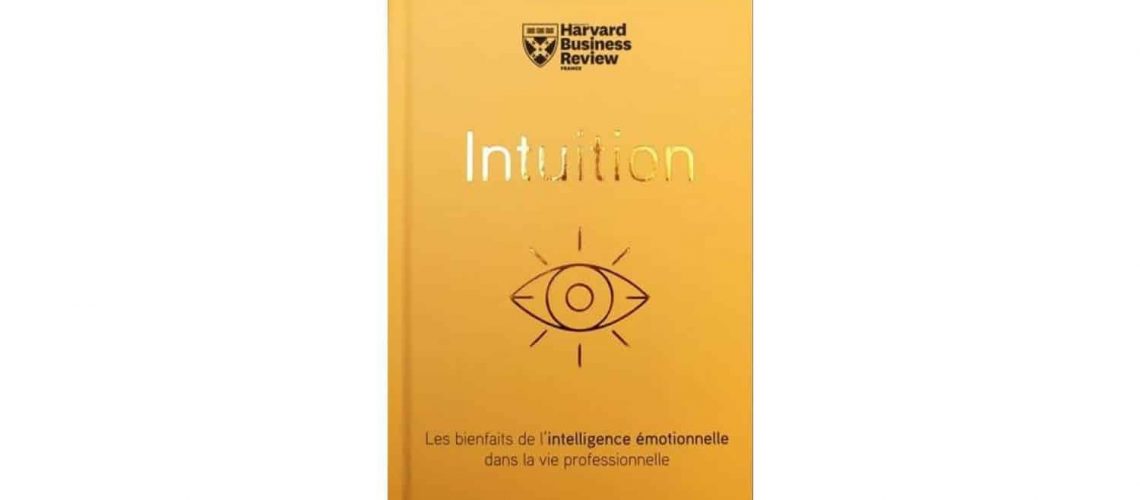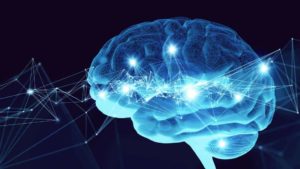The article was originally published in the Harvard Business Review France:
“Intuition, the benefits of emotional intelligence in professional life”
Our intuition, powerful and uncontrollable, constantly processes a huge amount of data. But can we trust it? It all depends on the cognitive biases we have accumulated, without realizing it, over time. For example, I walk into a meeting room where I meet a potential new client for the first time. I quickly scan the room with my eyes. How long does it take me to identify who has the decision-making authority, who will be in charge of the project and who are the subordinates? An average of two seconds. What happened?
Our brain, a computer with two processors
Our brain works like a computer with two processors: the first processor is intuitive, unconscious and automatic. Dr. Daniel Kahneman, recipient of the 2002 Nobel Prize in Economics, called it System 1. The second processor is deliberative, conscious and controlled: Kahneman called it System 2.
In our everyday language, the first processor is often referred to as intuition or “feeling”. Researchers do not always agree on the distinction between the two, but they do agree on one point: our unconscious system processes at least 200,000 times more information than our conscious system.
Let’s go back to the meeting room: how could I categorize my clients so quickly?
My unconscious system 1 has processed a huge amount of data from my direct environment and my memory. I can easily assume that the man with the salt-and-pepper hair and the gray suit presiding over the table is the person to be convinced. Even if I learn very quickly that he is only there to assist the young woman at his side, I will find it difficult to get rid of my preconceived ideas and will continue to look him straight in the eye. An attitude which might compromise my project.
These biases that threaten our intuition
Intuition allows us to make very quick decisions in a complex environment, but it often makes mistakes. If I can estimate the amount of my assets in a few microseconds, there is little chance that I will arrive at the exact amount without long calculations. I can also be completely wrong. Why? Because my intuitive reasoning is influenced by many cognitive biases.
Would I rather bet on the CAC40 or the Dow Jones to drop on June 1st? If I am French, I will probably choose the CAC40; if I am American, the Dow Jones. If now the question is: do I rather bet on the rise of the CAC40 or the Dow Jones next June 1st? The answers will be the same. Home bias means that we generally prefer a familiar investment source, even when faced with more optimal choices. For example, many M&A deals are done in Western Europe by European companies, even though they are less competitive than Asia.
A mathematical intuition?
Intuition can also lead us to make purely mathematical mistakes. I have done as many flash sales in Germany as in the UK. I would be surprised if the first ten customers who call the service department are British. It would seem normal to me, however, that the first five were German and the next five were British. Yet my deliberative system 2 will show me that these events do in fact have the same probability. This will be “obvious” to people with a certain mathematical intuition, but not to others who will benefit from doing the calculation systematically.
Reducing our cognitive biases is possible. With experience and through small daily exercises, we can learn to automatically inhibit our misguided intuitive reasoning, such as certain types of stereotypes or common mathematical errors.
Investing in a start-up, a matter of “feeling”?
I want to invest in innovative start-ups and I receive ten requests for financing. I only have time to listen to the pitch of five of them and therefore proceed to a pre-selection based on their application files (CV of the founders, business plan, written pitch, possible letter of recommendation):
I actually have three options:
> Option 1: I read all ten files in one row, distract myself for five minutes, and then come back and choose my top five candidates.
> Option 2: I read all ten files in one row and then spend five minutes carefully deliberating on the top five candidates.
> Option 3: I write a list of criteria, weight them on an Excel spreadsheet, and then search the files for items to fill in my table. My final calculation will return the top five candidates.
“Thinking fast and slow”
All the psychologists with whom we recently spoke would say that the third option is better. The economist Orley Ashenfelter has also shown that a very simple algorithm, based on climatic data, could predict the evolution of the prices of great Bordeaux wines much better than the expert-oenologists. However, we don’t always have the time or the means to have our Excel file or our piece of paper at hand.
Let’s go back to our start-up investment situation, assuming this time that I only have 10 minutes to decide. If option 3 is out of the question because I don’t have time, I’m left with options 1 and 2. Option 1 is faster. And psychologists will tell me that it works at least as good as – if not better than – option 2. But its effectiveness depends on the stability of the environment or the nature of the activities performed during my five minutes of distraction.
Why is this so? Because my “deliberative” system 2, not being able to process much information due to time constraints, will randomly focus on one or two criteria, for example the participants’ CVs or the name of the person who recommended them. The analysis will not be completed and the final decision will be unsatisfactory. On the other hand, if I trust my intuition, I will use my system 1 which will effortlessly and exhaustively weight the elements I have just read.
An intuitive conclusion?
In summary, I can trust my intuition to solve:
1) a complex problem
2) very fast
3) in a stable environment
4) where I have few prejudices (naturally or thanks to experience)
5) and provided I accept approximation




